
Communication
Investment
Platform
Security
Miscellaneous
Reviews
Compare the wallets
Top WalletsTrezor
Trezor Safe 5BlockStream
BlockStream JadeLedger
Ledger Nano XSafePal
SafePal S1 ProEllipal
Ellipal Titan 2
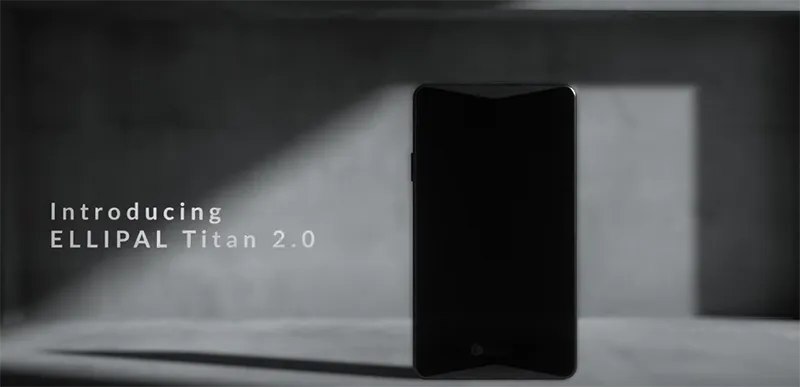
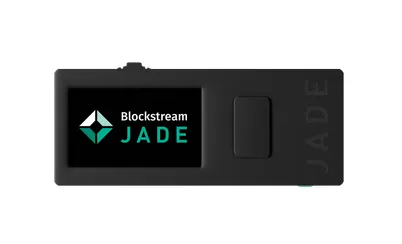
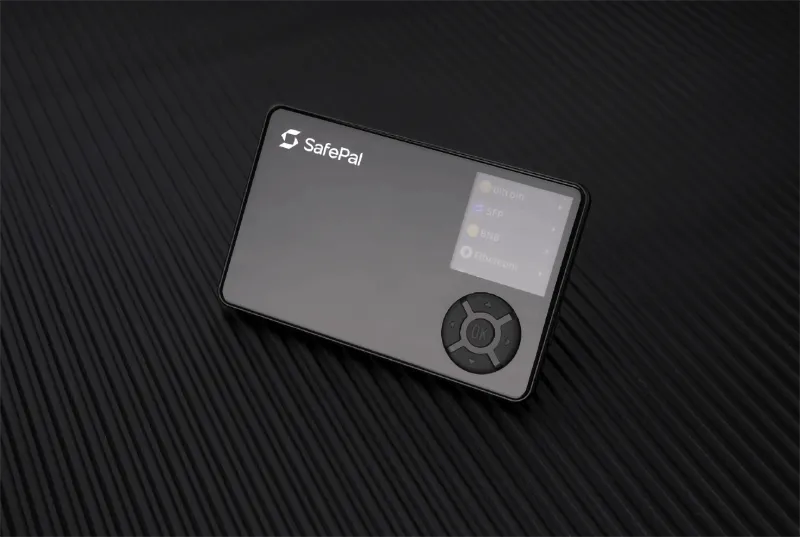
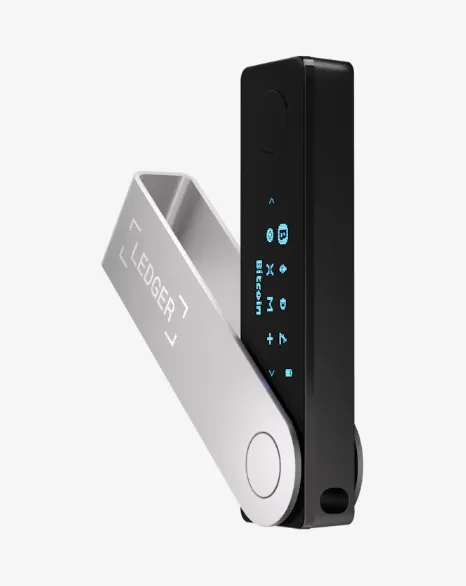
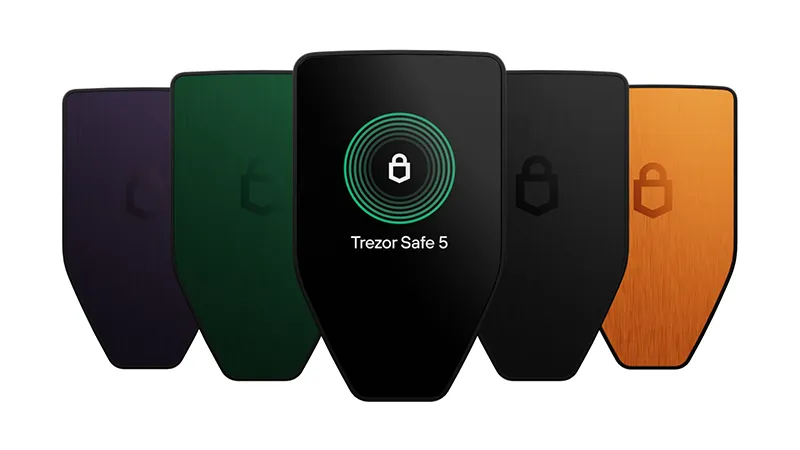
| Wallet Features | Ellipal Titan 2 | Blockstream Jade | SafePal S1 Pro | Ledger Nano X | Trezor Safe 5 |
|---|---|---|---|---|---|
| Air-Gapped Security | ✔ | ||||
| Full Node Verification | ✔ | ||||
| Multi-Currency Support | ✔ | ✔ | ✔ | ✔ | ✔ |
| Touchscreen Interface | ✔ | ✔ | |||
| Mobile App Connectivity | ✔ | ✔ | |||
| USB Connectivity | ✔ | ✔ | ✔ | ✔ | |
| Physical Security Features | ✔ | ||||
| Cost-Effective Pricing | ✔ | ✔ | |||
| Advanced Firmware Protection | ✔ | ✔ | ✔ | ✔ | ✔ |
| Bluetooth Connectivity | ✔ | ||||
| Large Display | ✔ | ✔ | |||
| Offline Transaction Signing | ✔ | ✔ | |||
| Open Source Firmware | ✔ | ✔ | |||
| Biometric Authentication | ✔ | ||||
| Multi-language Support | ✔ | ||||
| Recovery Phrase | ✔ | ✔ | ✔ | ✔ | |
| Third-Party Wallet Support | ✔ | ✔ | |||
| Decentralized Finance (DeFi) Integration | ✔ | ✔ | |||
| Staking and Earning Capabilities | ✔ | ||||
| Water and Dust Resistance | ✔ | ||||
| Customer Support Availability | ✔ | ✔ | ✔ | ✔ | |
| Scoring | 9/21 | 9/21 | 8/21 | 10/21 | 10/21 |
| Check Price | Check Price | Check Price | Check Price | Check Price |
Please note that this is based on our research, we are idiots, so check them out yourself (follow the link) to see what works.
We use a Ledger Nano X - and have recently seen their king-of-the-hill but have not yet had the chance to try it.
The Ledger Stax looks super sexy - probably more closely related to the Ellipal Titan 2 both are worth checking out if really just want the coolest wallet there is!